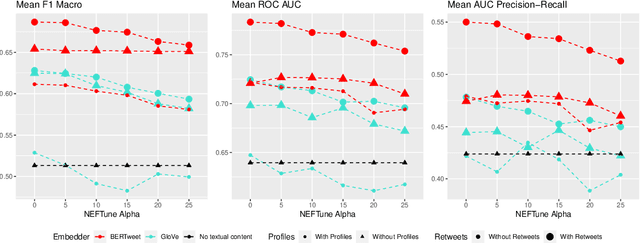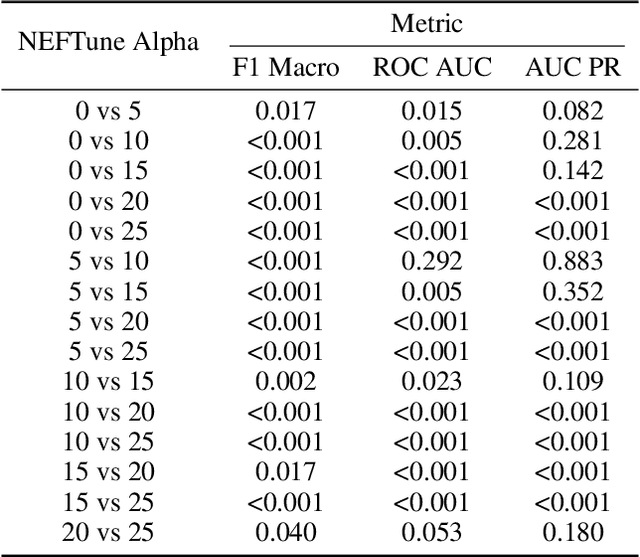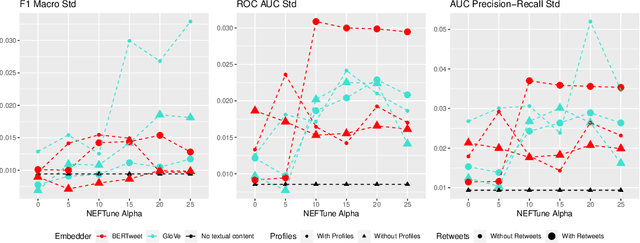Enriching GNNs with Text Contextual Representations for Detecting Disinformation Campaigns on Social Media
Paper and Code
Oct 24, 2024


Disinformation on social media poses both societal and technical challenges. While previous studies have integrated textual information into propagation networks, they have yet to fully leverage the advancements in Transformer-based language models for high-quality contextual text representations. This work investigates the impact of incorporating textual features into Graph Neural Networks (GNNs) for fake news detection. Our experiments demonstrate that contextual representations improve performance by 9.3% in Macro F1 over static ones and 33.8% over GNNs without textual features. However, noisy data augmentation degrades performance and increases instability. We expect our methodology to open avenues for further research, and all code is made publicly available.
 Add to Chrome
Add to Chrome Add to Firefox
Add to Firefox Add to Edge
Add to Edge